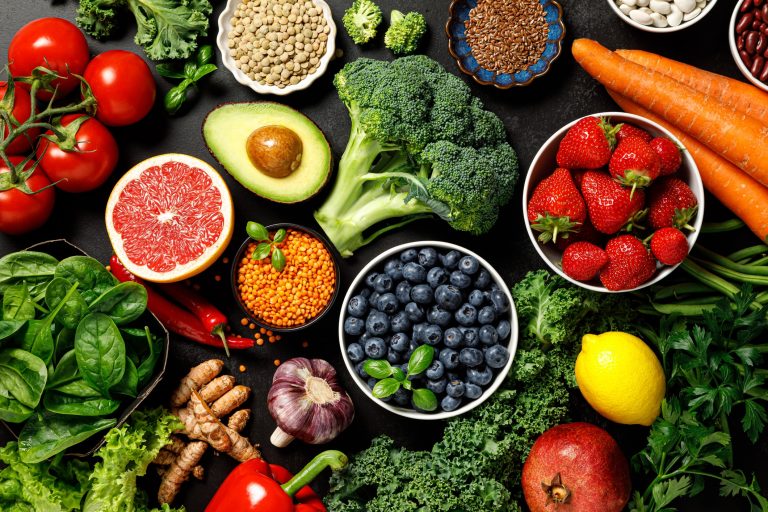As the New Year begins, many people start with a new resolution — often to develop healthier habits. For those recovering from surgery, these resolutions can make a big difference. Drinking enough water and eating healthy foods are key to healing. When you focus on these good habits, it can help your body recover faster and feel better overall.
Hydration: The Foundation of Healing
Staying hydrated is one of the simplest and most critical steps you can take to support your body post-surgery. Hydration improves your body’s circulation, promotes cellular repair and helps the body flush out toxins.
“Hydration is one of the cornerstones of recovery,” says Kevin Schuler, MD, Executive Medical Director of Perioperative Services at St. Elizabeth Healthcare. “When your body is properly hydrated, it can transport nutrients more efficiently, maintain good circulation to key organs, like your brain and kidneys and promote faster healing.”
Pre-operative hydration is important, too, for surgical patients. It has been shown to reduce the need for intravenous (IV) fluids during surgery. “Reducing IV fluids around the time of surgery has been shown to help the intestines ‘wake up’ faster and cause less fluid buildup in the legs, around the lungs and underneath other areas of the skin,” Dr. Schuler says. Careful fluid management before and during surgery can improve postoperative recovery and reduce potential problems.
If water feels monotonous, consider adding other hydrating options. Try herbal teas, broths or water-rich foods such as cucumbers, oranges and lemons.
Nutrition: The Key to Recovery
A well-balanced diet is equally important for recovery, especially during the early stages of healing. Nutritious foods provide the energy your body needs to heal tissues, reduce swelling and regain strength.
Dr. Schuler says it’s important to eat a variety of foods rich in lean proteins, whole grains, and colorful fruits and vegetables. “Protein is particularly crucial after surgery,” Dr. Schuler says. “It helps rebuild muscle and repair tissue, so I always recommend patients prioritize lean meats, beans, tofu or eggs in their meals.”
In addition to protein, consider incorporating the following into your post-surgery diet:
- Vitamin C-rich foods like bell peppers and strawberries support collagen production for wound healing.
- Iron-rich options such as spinach and foods with extra vitamins and minerals added to make them more nutritious. This will help improve your energy levels.
- Healthy fats from foods like avocados, nuts and olive oil to fight against swelling and promote healing.
Easy Tips for Your Long-Term Health
Beginning a healthier routine doesn’t have to be difficult. Making small, consistent changes to your hydration and nutrition can lead to big results over time. Try to keep a reusable water bottle handy to remind yourself to drink water throughout the day and night. When you plan your weekly meals, focus on using whole foods since they don’t include processed ingredients. This will help you get a good amount of nutrients in every meal.
For those recovering from surgery at St. Elizabeth Healthcare, talk with your provider about dietary recommendations tailored to support your recovery.
A New Year and A Stronger Recovery
If you’re scheduled for surgery or planning one in 2025, focus on hydration and nutrition. It can make a big difference. These healthy habits will support your healing and help you recover more quickly and safely.
Explore our surgery services for a detailed overview of the care and expertise we provide.

